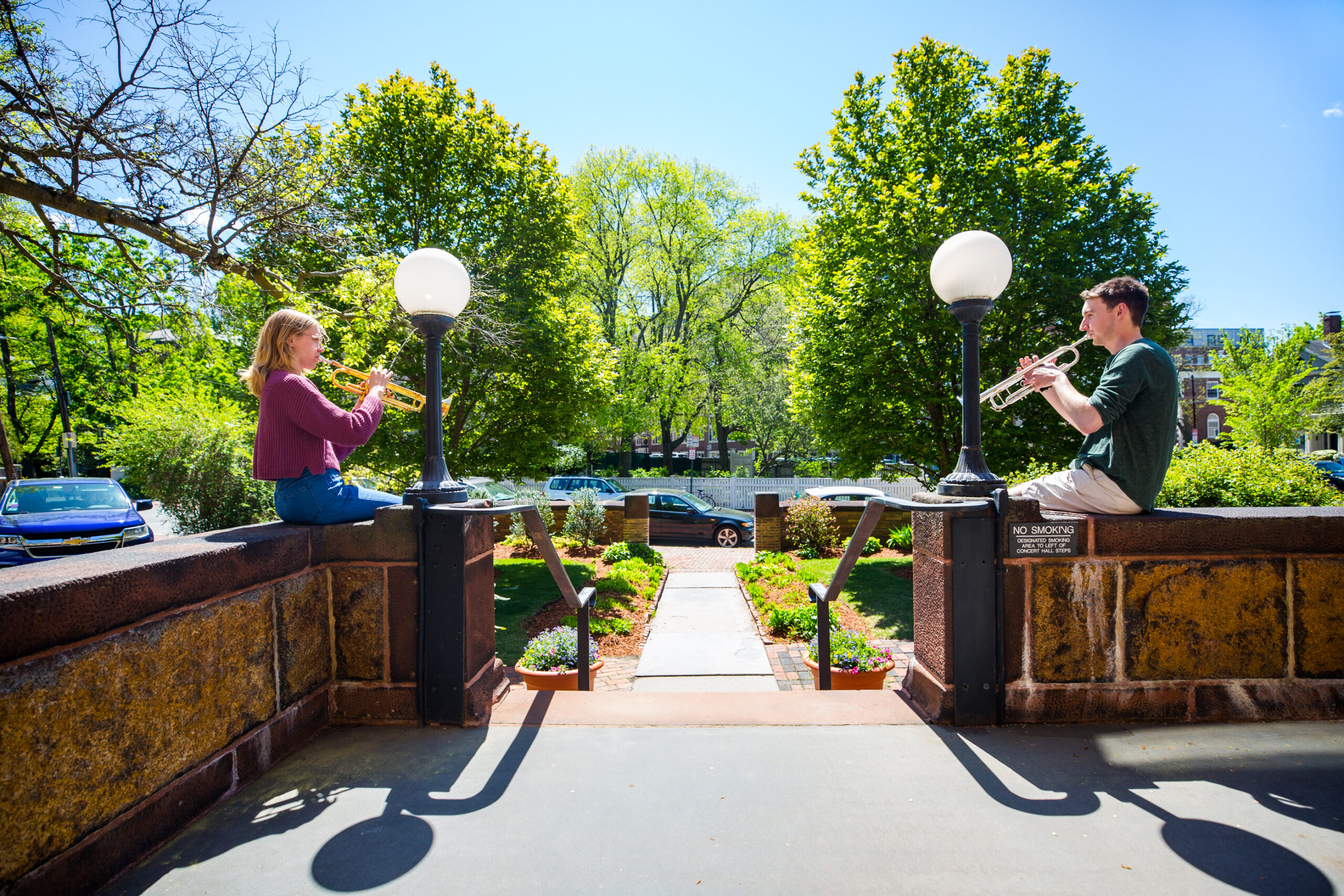Often your apartment will only be set up for one provider of each type of utility, so be sure to check with your landlord as to which utility company you should use before contacting a company. Also, companies usually offer discounts for combined phone, cable, and internet services.
Electricity or Gas
NStar, 800-592-2000
National Grid, 800-322-3223
Cable/Internet
Comcast, 800-COMCAST
RCN, 800-RING-RCN
Verizon, 800-870-9999
Heating
Costs can be included in your monthly rent or can be charged to your apartment every quarter. Heating costs during the winter months are naturally much higher than in other seasons, and are often separate from electricity charges. Be sure to ask what the average cost for heating is per quarter/month if applicable.
Renter’s Insurance
You may want to invest in an insurance policy that provides coverage for your personal property from loss due to theft, fire, or flooding. These policies are relatively inexpensive, especially considering how useful they can be in the event of a major misfortune. They also generally include protection from personal liability if a visitor is injured while in your apartment. It would also be a good idea to look into a policy that provides coverage for your instrument(s). Policies can be obtained through a private insurer or through the Massachusetts Property Insurance Underwriters Association (MPIUA), also known as FAIR Plan.
MPIUA/FAIR Plan
2 Center Plaza, 7th Floor
Boston, MA 02108
www.mpiua.com

